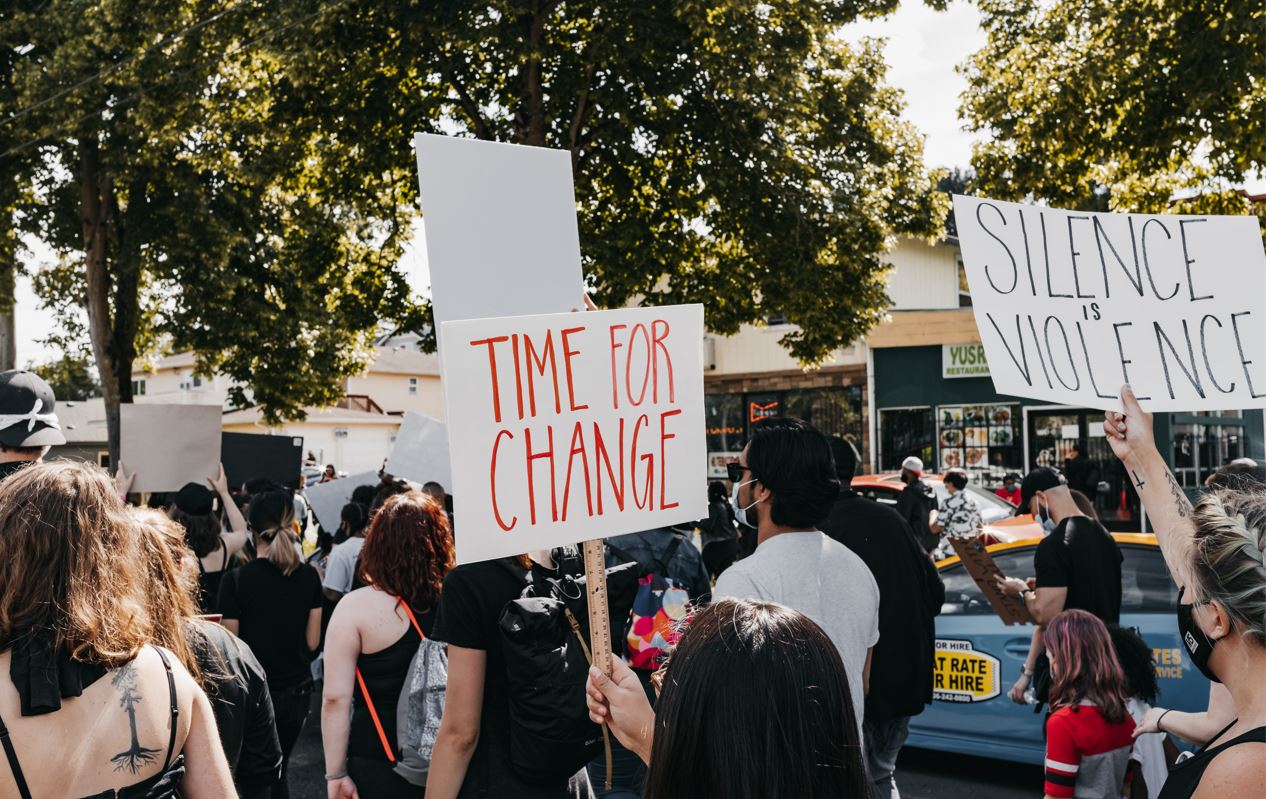
08 Oct Social Movements: Past, Present and Future of Collective Politics [Social]
What do Black Lives Matter, Arab Spring or Feminist movements have in common? They are some collective process that struggle and strive to promote human rights, democracy and equality. Their influence in policy making and social conscience should not be taken lightly.
There is no question about the real power of social movements. This collective tactic to shift governmental decisions is not new, it has been employed by societies for centuries even though the new technologies of information make them more present now rather than other moments in time. With the study of the history and evolution of social movements, we can better understand their purposes, targets, goals and tactics. Analyzing their victories and failures we may be able to help forge better articulated movements to keep on pushing for social, gender, racial and even sexual equality.
This course is designed within the framework and realm of sociological theory. Understanding sociological theory helps us better understand our present with a clear perspective of the contexts that shape our society. Also, studying theories of human behavior helps us understand who we are, where we come from and why we act the way we do as a society, and can bring forward a better society in the future.
Ernesto Chévere Hernández
Ernesto Chévere Hernández (PhD) has a degree in Education in History from the University of Puerto Rico, holds a master’s degree in Public and Private International Law from the Complutense University of Madrid, a master’s degree in International Relations from CEU San Pablo, a Diploma in Advanced Studies in Applied Economics from CEU San Pablo, and is a doctor in Sociology from the University of Salamanca. He has collaborated in various newspapers, such as Bandera Roja, Indymediapr, El Nuevo Día, and Claridad, as well as in academic journals such as Cruce and peer reviews such as Umbral. He is also the author of the two editions of the book “Historical study of the stages of globalization: perspectives and challenges facing an uncertain future” (2010 and 2015), “NoicazilabolG: dynamics, positions and possibilities around the global-local relationship” (2020), and is the director of the magazine Sin Norte, designed for the migrant community in Spain.

